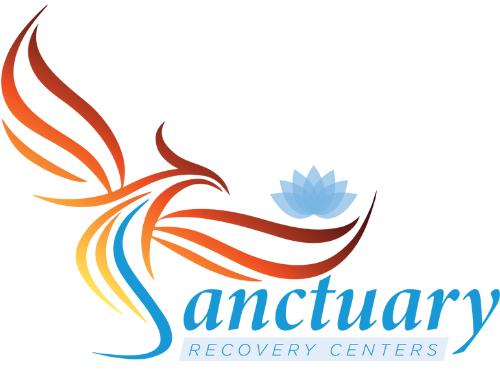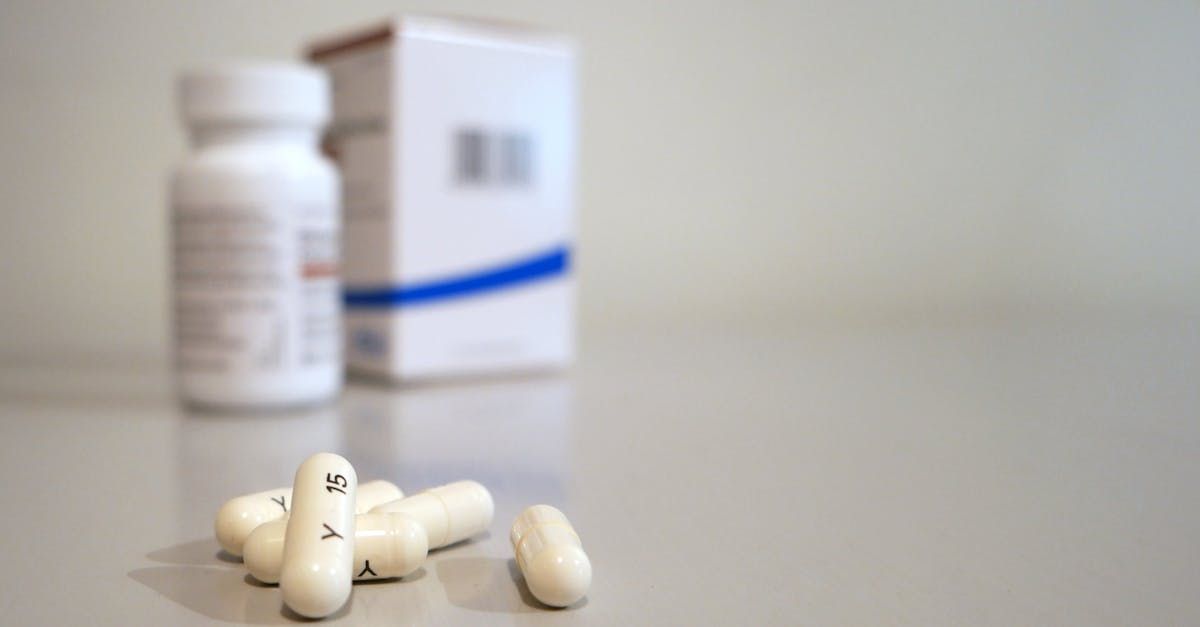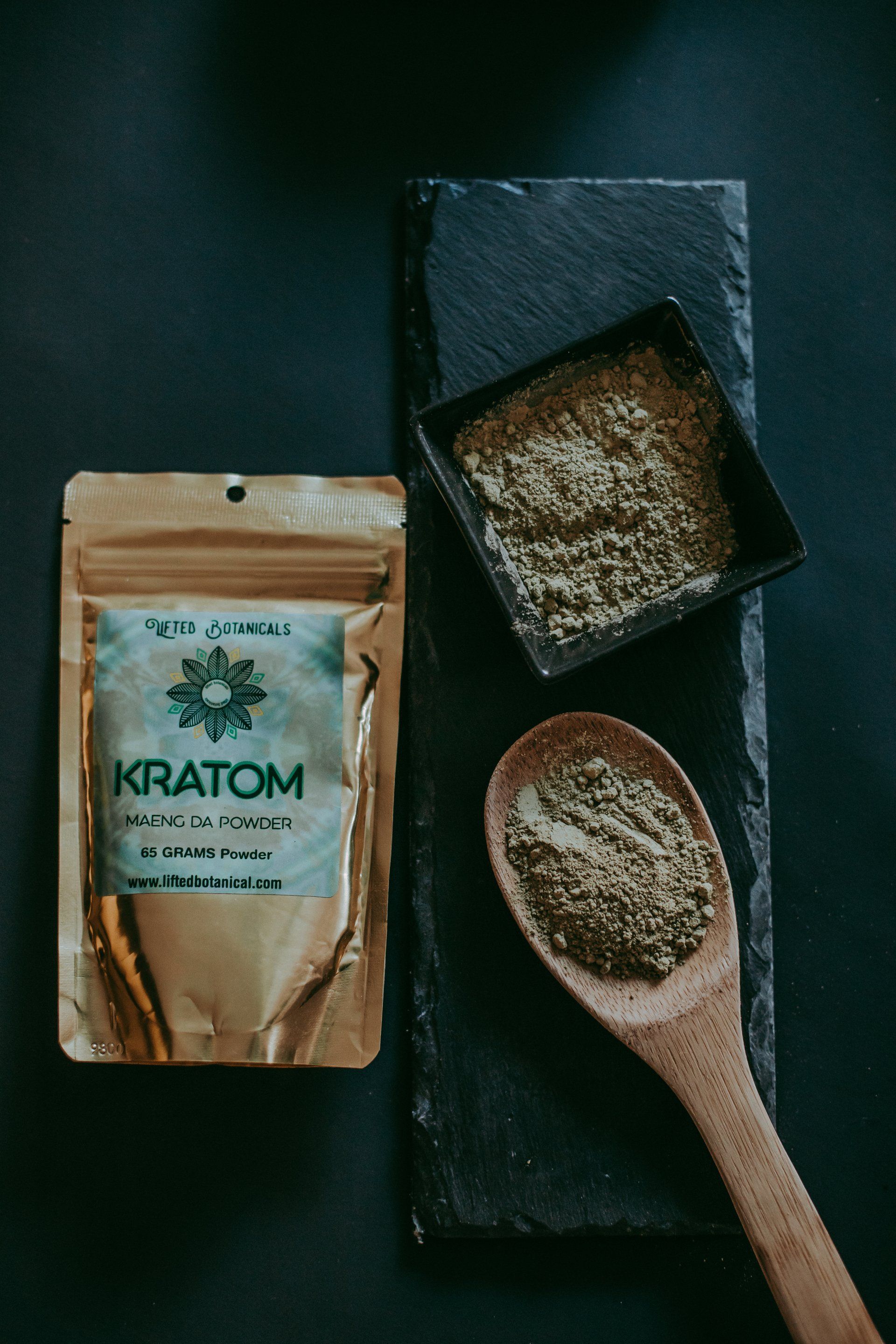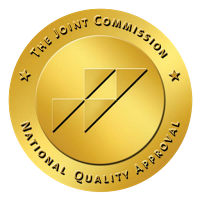Get Help With Your Addiction

What Are Examples of Class 3 Drugs?
When delving into the realm of pharmacology, understanding drug classifications is pivotal. The classifications, originally based on historical foundations, play a crucial role in determining the medicinal value, potential for abuse, and the legality of drugs.
Introduction to Drug Classification
Dipping our toes into the vast ocean of drug classifications, we find that the essence lies in its historical evolution. Over the years, these classifications have been instrumental in ensuring patient safety, guiding medical professionals, and framing legal boundaries.
Understanding Class 3 Drugs
At the heart of this article lies Class 3 drugs. These are substances that carry a moderate to low potential for physical and psychological dependence. Their medicinal properties are often overshadowed by the controversies surrounding their misuse.
Examples of Class 3 Drugs
Ringing any bells? Anabolic steroids, certain depressants, and specific stimulants all fall under this category. These drugs, while beneficial under medical supervision, can be a double-edged sword if abused.
The Medical Benefits of Class 3 Drugs
Despite the clouds of skepticism, Class 3 drugs offer a silver lining. Their therapeutic applications in treating various ailments, from hormonal imbalances to depressive disorders, are commendable. Furthermore, they play a pivotal role in recovery and rehabilitation processes.
Side Effects and Risks
However, it’s not all sunshine and rainbows. The misuse of Class 3 drugs can usher in a slew of side effects, ranging from mild headaches to severe cardiac issues. The long-term implications on one’s health can be daunting, to say the least.
The Legal Aspects
Treading the legal labyrinth, one finds that Class 3 drugs are wrapped in layers of regulations. While they’re legally available under prescription, any deviation can result in severe penalties, shedding light on the gravity of their potential misuse.
Class 3 Drugs in Popular Culture
From the glitz and glamour of Hollywood to the gritty streets portrayed in TV shows, Class 3 drugs have made their mark. Not to forget, several celebrities have had their trysts with these drugs, further fueling the public’s curiosity.
How Class 3 Drugs Compare to Other Classes
In the grand tapestry of drug classifications, how does Class 3 fare against its counterparts? While Class 1 drugs are seen as the most dangerous, and Class 2 offers a mixed bag, Class 3 drugs walk a fine line between medical marvels and potential threats.
Alternative Treatments and Therapies
For those seeking solace outside the realm of Class 3 drugs, there’s a world of natural remedies and holistic approaches awaiting. From acupuncture to herbal concoctions, the alternatives are plenty, each with its unique healing touch.
The Future of Class 3 Drugs
Class 3 drugs, while invaluable in the medical world, come with their baggage. It’s this duality that makes them a topic of endless debates, research, and discussions. As we part ways, remember, knowledge is the first step towards making informed choices.
FAQs About Class 3 Drugs
What are the primary uses of Class 3 drugs?
Class 3 drugs are predominantly used for therapeutic purposes, including treating hormonal imbalances, depressive disorders, and aiding in recovery processes.
Are Class 3 drugs legal?
Yes, Class 3 drugs are legal but only when prescribed by a licensed medical professional. Unauthorized possession or distribution can lead to legal penalties.
How do Class 3 drugs impact the body?
When used appropriately, they offer medical benefits. However, misuse can lead to a range of side effects, from mild to severe.
Can one become addicted to Class 3 drugs?
While the potential for addiction is moderate to low, prolonged misuse can lead to dependence.
Are there natural alternatives to Class 3 drugs?
Yes, there are various holistic treatments and natural remedies that can serve as alternatives, depending on the condition being treated.
How are Class 3 drugs portrayed in popular culture?
They are often depicted in both positive and negative lights, from life-saving medicines to substances of abuse, especially in movies and TV shows.
If you or a loved one are struggling with drug or alcohol addiction call Sanctuary Recovery Centers in Phoenix, Arizona to get the best treatment plan to start the healing process.
The post What Are Examples of Class 3 Drugs? appeared first on Sanctuary Recovery Centers.

Call 1 (844) 798-TRUE and Start Your Journey to Recovery Today!
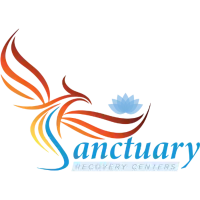
Office Address
11645 N Cave Creek Rd
Phoenix, AZ 85020
Other Crisis Contacts
National Suicide Prevention Line:
1-800-273-8255
Call Toll Free
Local Phone Number
(480) 309-9945
Fax
(480) 281-5225
Office Hours
M-F: 8:30 AM – 5:30 PM
Fentanyl Addiction Specialist
Please reach out with questions or concerns regarding you or a loved one in fentanyl addiction.
If this is an emergency, please call 911 or go to your nearest emergency room.
